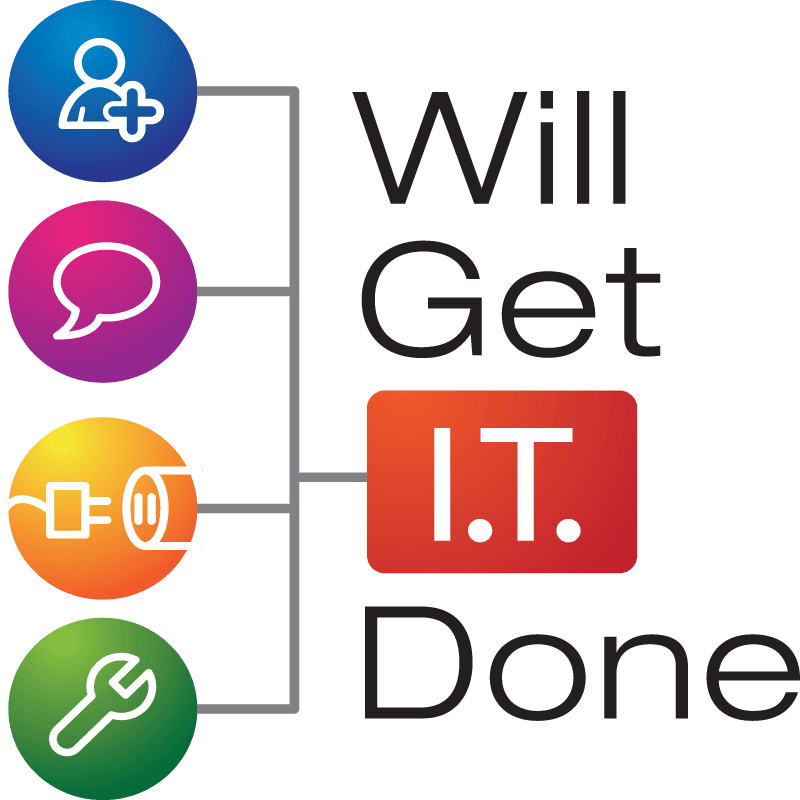“Viruses are highly infectious and usually self replicating. They usually use your computer try to infect other computers or send spam emails, possibly to your contacts or to other contact lists. Once you get a virus your computer is compromised and more susceptible to other viruses..”

Do you have a child or grandchild that you would like to be able to turn to as a resource for your tech support? We are happy to help put them in the right position to help you. Maybe it would be some quality time as well. Ask us to help you can set up and support that opportunity.

What is a Virus? Malware? Spyware?
A subject of some confusion and a significant percentage of computer issues are Viruses, Malware and Spyware. Taxonomically, These genres exist under the family of nuisance program but they are not the same genus.
Malware are programs that a user is typically tricked into getting on their computer, often when installing software they intentionally sought out. Most malware is attached to free software and somehow might earn the vendor a few pennies. Once installed, these nuisance programs create pop-up windows that confuse most computer users, possibly into installing new malware. Some malware purports to make your computer run better and tells you about problems that it has, that it will fix when you buy the full version. Some malware can be uninstalled easily in the Control Panel under Programs. Below is a screen shot where the user has the opportunity to decline to install the malware, but most users click Accept and become unwitting installers of their own problem programs.
Spyware is like malware in that it is often installed along with free programs. This insidious software tracks your behaviors and tries to narrow your use of the internet to the sites and vendors that pay for it, one presumes. There are a lot of different behaviors and this little guide is meant to be general, not comprehensive. If your computer is behaving poorly and you think you have some or all of these, you are an ideal customer for us.
For the 3 genus of computer nuisance software, there are 4 types of nuisance software removal tools. They are Anti-Virus, Anti-Malware, Anti-Spyware, and last and least, software that purport to be great against all types of nuisance software. We have not found one of the latter that that is as effective as specialized software.
We recommend and use BitDefender as a powerful antivirus software. Malwarebytes anti-malware is a great program for removing Malware. Spybot S&D or SuperAntiSpyware are some good spyware removal tools.
What is Phishing?
Phishing is a unethical solicitation for personal information. It could be a email that tells you your password is compromised and you need to change it immediately. Then you go do that and you find yourself locked out of your account in a remarkably fast time, so quick only robots could do that. You enter your real password and they use that to sign on to the account and change it to something you have no idea about. And they put in their notes whatever you attempted to change it to so they can try it on another of your accounts.
How can you prevent being phished and many other scams?
A part of due diligence before believing anything on the internet is to check the URL. This is the location in the toolbar or the link you are Hovering over. On a modern phone if you hold the link you want to visit a pop up window will appear with the destination URL. If it matches what you are expecting there is a high liklihood that it is good. If not however, just don’t go. It could say https://mail.google.com.capitalscams.net and that is actually at CapitalScams.net rather than google. If you are not sure, ask for help or don’t click it!
